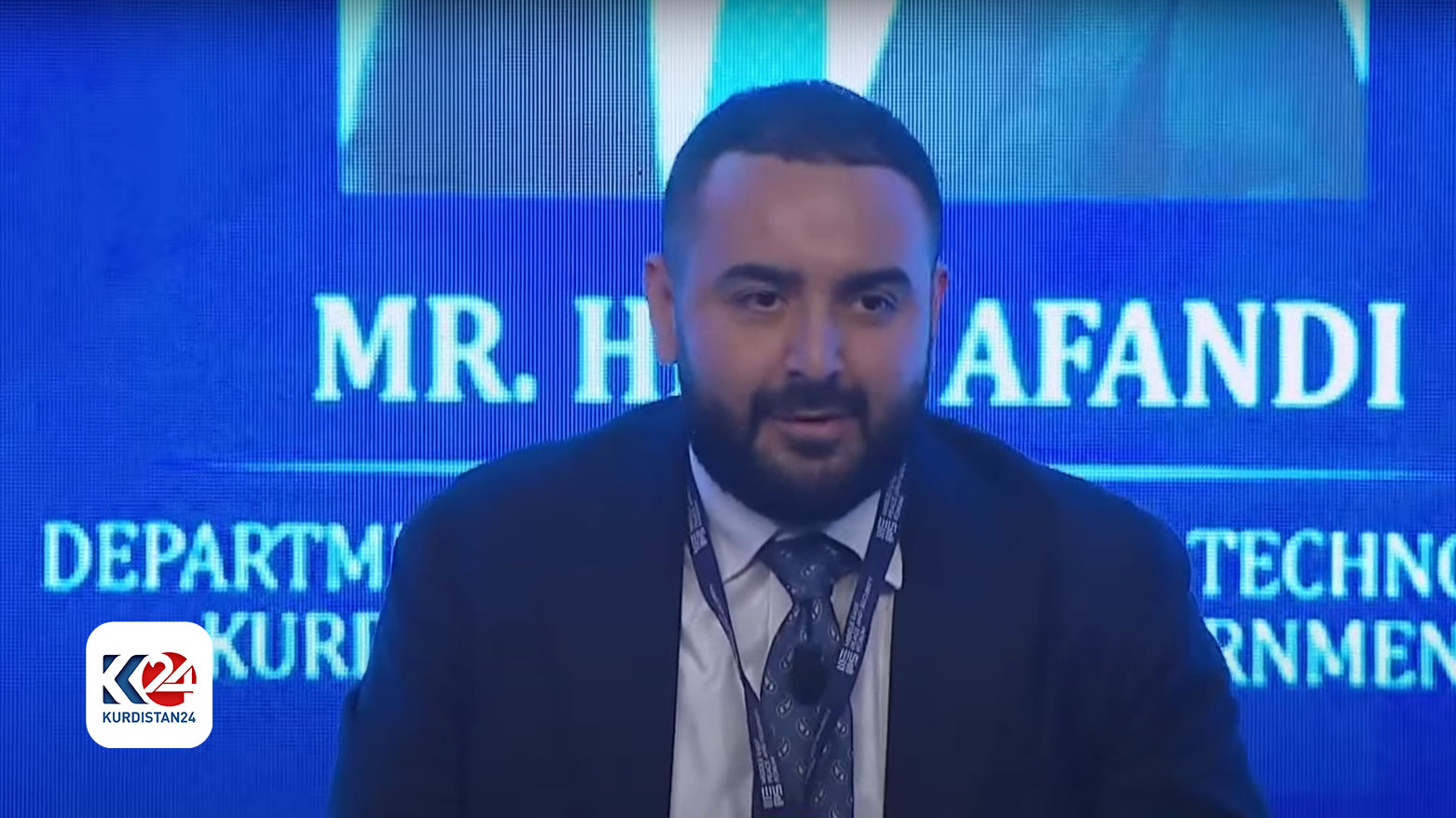Adel Hamaizia shed light on the evolving dynamics of regional partnerships
"Countries like Iraq and GCC would like to have distance relations," Hamaizia explained, emphasizing the importance of balancing cooperation with sovereignty in the rapidly shifting geopolitical landscape.

Nov. 22, 2024
ERBIL (Kurdistan24) — The second session of the Middle East Peace Summit 2024 (MEPS24), titled "Building Prosperity: The Interplay Between Public Policy, Foreign Policy & Geoeconomics," commenced with a critical analysis of how economic policies and international relations shape regional development.
Adel Hamaizia, a senior fellow at Harvard University and a director at Highbridge Advisory, shed light on the evolving dynamics of regional partnerships. He noted a growing preference among Middle Eastern nations for maintaining measured relations.
"Countries like Iraq and GCC would like to have distance relations," Hamaizia explained, emphasizing the importance of balancing cooperation with sovereignty in the rapidly shifting geopolitical landscape.
Balancing Policy and Economic Growth
The session explores how countries in the Middle East, particularly Iraq and the Gulf Cooperation Council (GCC) states, are striving to harmonize their public policies and foreign relations with broader economic goals. Discussions focus on leveraging natural resources, attracting foreign investment, and addressing internal governance challenges to build sustainable prosperity.